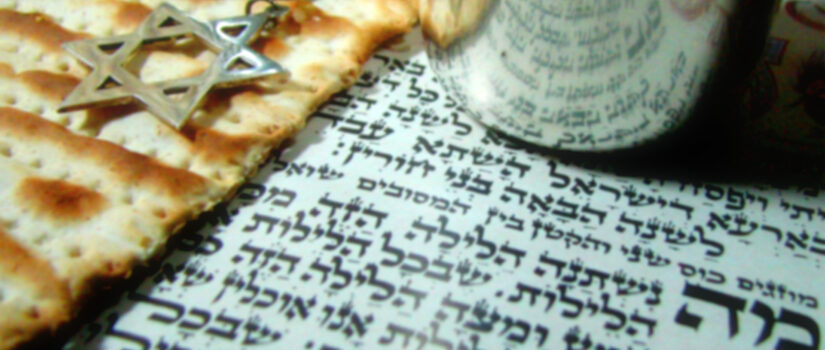Rabbi Jamie’s Corner
April 2024
We’ve asked Rabbi Jamie Hyams (our Development Director) to periodically share her perspective with our community.
Starting Monday evening, the Jewish community will observe Passover. Many of us will gather with family and friends at this joyous time to enjoy the holiday rituals and the company of our loved ones. There is comfort in all that stays the same from year to year.
Hebrew Free Loan has been here consistently for 127+ years, through the ups and downs of the last century, from before World War I and World War II, the Shoah, and the establishment of the State of Israel. We’ve been a stable presence to many in a constantly changing world, and this is a big part of our longevity. We’ve adapted our programs to the needs of the times, just as Judaism has, and the Passover seder itself.
Passover tells the story of the Israelites coming out of slavery to freedom on a journey that leads to the formation of the Jewish people. It is a night of conversation and questions, and one of the questions we ask is, “How is this night different from all other nights?” This year, we should ask ourselves, “How is this year different from other years?” Because things are different this year; the events of October 7 have changed us. How will these events change our seders?
The idea that things don’t change in Jewish ritual seems natural. There is a specific way to do things, there is order. But Judaism and the seder itself have always been evolving and not static.
How will this moment in our history be given voice at our seders this year? In years past, some left a chair empty for the prophet Elijah, who is welcomed into our homes on Passover. This year you might consider leaving a chair empty in the hope that one day soon we will welcome the hostages home.
Central to our Passover table is a seder plate. The seder plate is a tool to help tell a story, our story about the things that matter to us. Traditionally the seder plate has specific items on it: charoset, a shank bone, bitter herbs, etc. to remind us of the bitterness of slavery. Over time, new things were added, like a cup of water to symbolize the contributions of Miriam the prophetess, vegetarian broiled beets to represent the burnt sacrifice, or an orange to honor the contributions of women and LGBTQ+ individuals.
This year the story is different, and you might want to add other items to your seder plate. For example, you might include a nail to represent the work that remains to be done to bring the hostages home or to build the world we want to come. Or you might include an olive branch to represent the peace that we hope will be restored to the Middle East and the world.
The Greek philosopher Heraclitus is credited with the idea that the only constant in life is change. This year is different than last year, and our seders and our seder plates should reflect this.
Wishing you all a happy and meaningful Passover,
~ Rabbi Jamie

